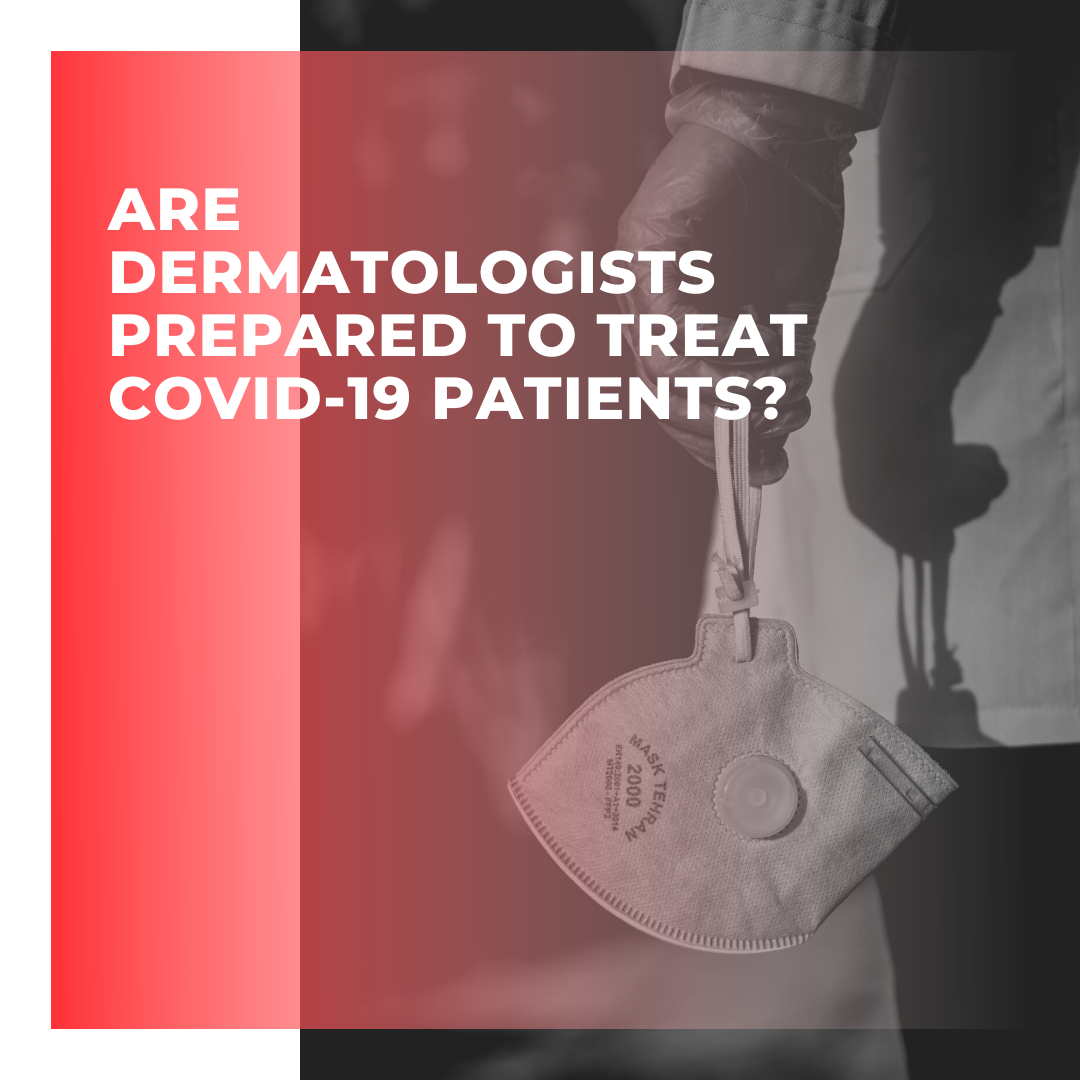EPI Health has graciously supported the COVID-19 News and Resource Center.
Allure recently posted an article on why dermatologists and plastic surgeons are preparing to join other medical professionals in the fight against COVID-19.
Are dermatologists prepared to treat patients with contagious respiratory illness?
For an expert opinion, I consulted dermatologist Sheila Farhang, MD, Mohs micrographic surgeon and cosmetic surgeon, in Tucson, Arizona.
Why is it important for dermatologists to be ready to treat COVID-19 patients? (New York and Illinois, among others, are calling for all medical professionals to register as they may be called upon to staff field hospitals.)
First and foremost, we are physicians who went to medical school and completed at least one year of internship, which included floor work, ICU, ER, etc. We know how to provide medical care. However, I will say it’s fair to say most of us have not touched a ventilator or managed an ICU in years. There is a shortage of everything right now. Healthcare providers, including dermatologists (mainly academics in epicenters), are being summoned to help screen and take care of patients during this pandemic.
How does a dermatologist’s training equip them for treating COVID-19?
While I do not believe we are well-equipped to manage ICU ventilator settings prior to a refresher in critical care, being physicians, we can most certainly screen patients and make sure they are stable.
In what ways can dermatologists prepare now for this possible role?
Dermatologists can do so much during this time:
-
- Stop non-essential procedures and care so PPE is preserved for essential procedures and/or donated to those on the frontlines.
- Medical dermatology practices should still be open and take care of urgent cases that would otherwise go to the emergency room, such as skin disease flares, including eczema, psoriasis, bullous disorders, etc. Taking care of moderate-to-severe epidermal inclusions cysts that need to be incised, drained, and treated with antibiotics is also a helpful way to avoid those patients going to urgent care.
- Skin cancers, depending on how serious, such as melanoma, also need to be treated.
- COVID-19 can manifest in a skin rash so dermatologists need to be aware of the different skin manifestations of COVID-19 in order to properly and safely manage and triage these patients.
I am personally very active on social media and have been using my platform to disseminate COVID-19 updates, the need for PPE, etc.
How should dermatologists modify their existing practices?
Absolutely. During these times, it is important that practices follow guidelines put forward by politicians and our societies, which stresses the importance to stop non-essential care, treatment, and procedures. Incorporating telemedicine into practice is also very important and a safe way to take care of patients or screen urgent cases.
I think in the upcoming months – after the peak of cases – we need to continue social distancing and screening measures, including:
-
- Establish a screening protocol.
- Space patients throughout the day so there is less crowding.
- Incorporate different waiting room measures such as waiting in a car until an appointment is ready.
- Ensure the safe and efficient use of PPE.
Did you enjoy this Patient Buzz Expert Commentary? You can find more here.

